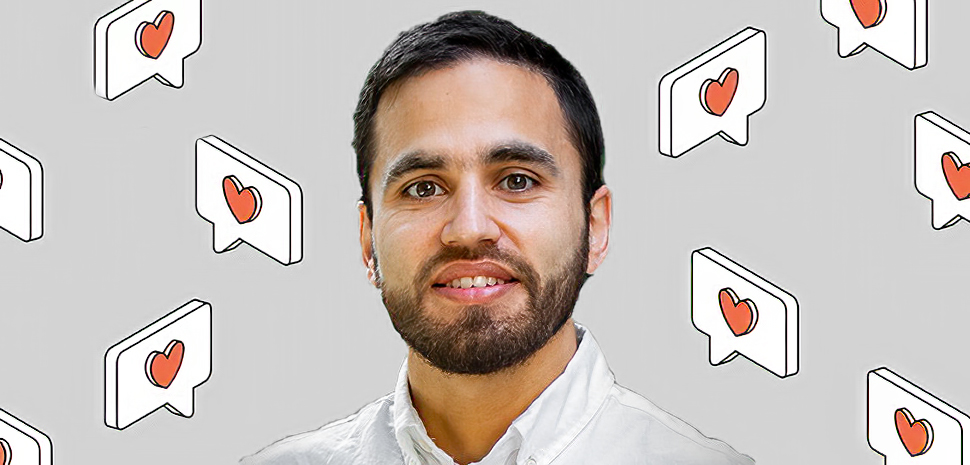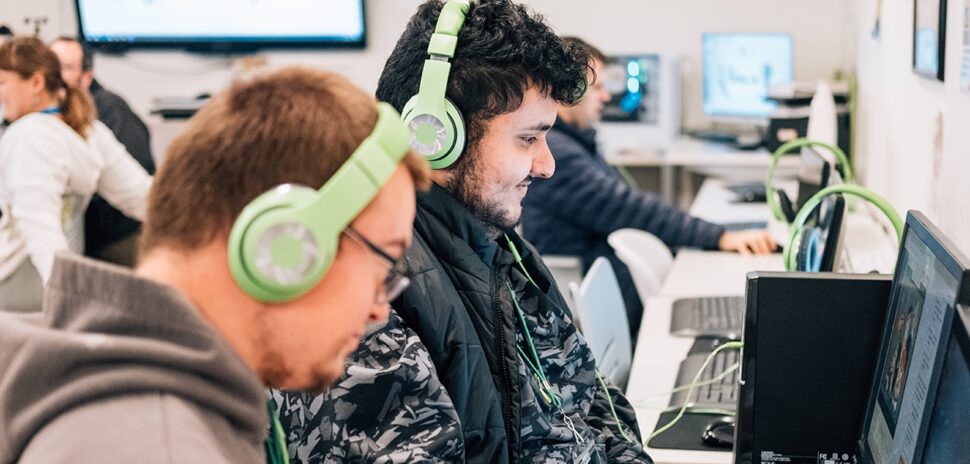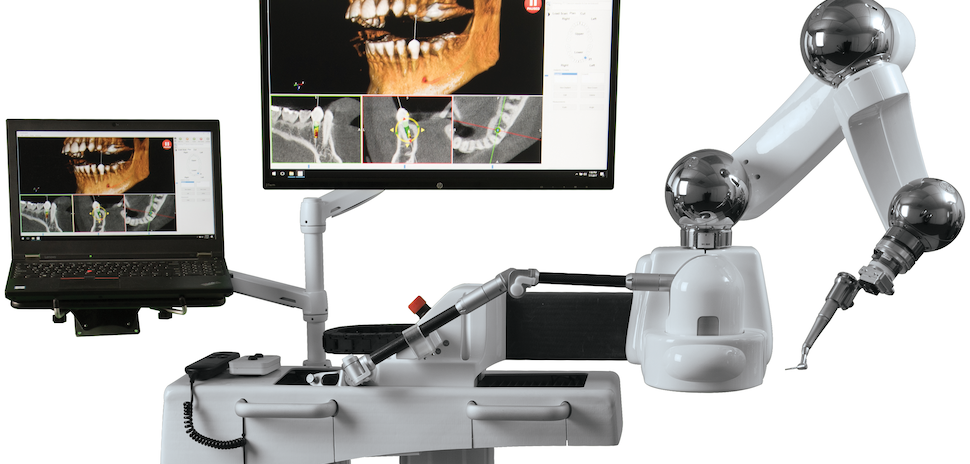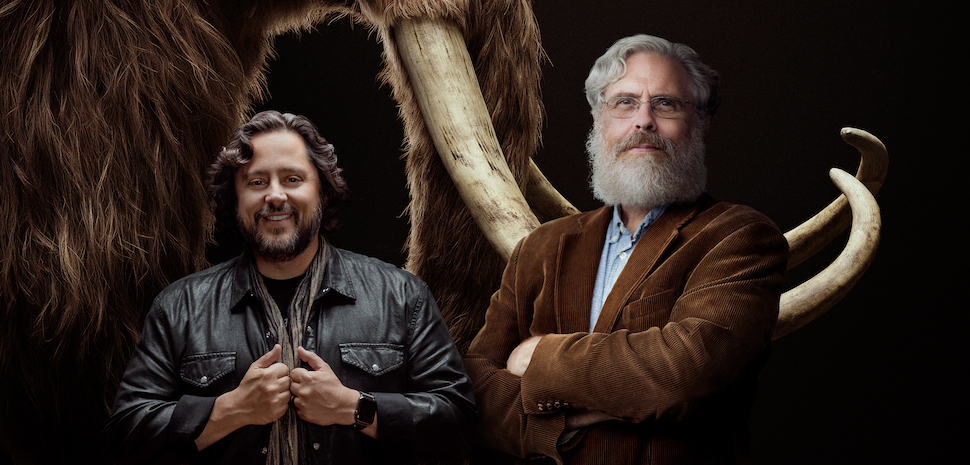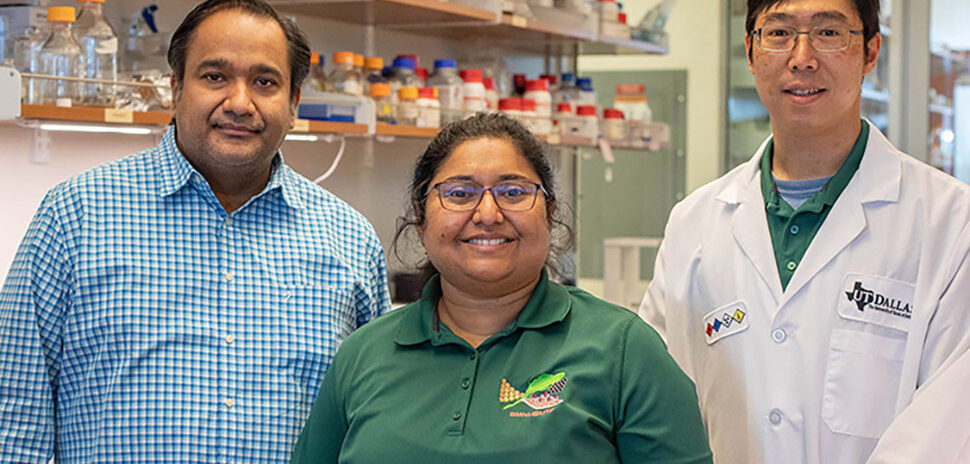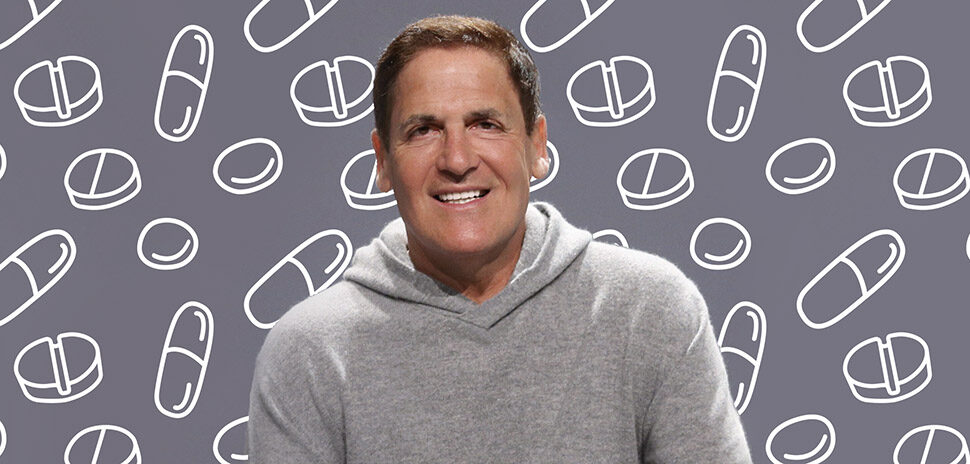“In many dating apps, we see a lot of frustrated users because they struggle to find a match that leads to a longer-term relationship.”
Dr. Ignacio Rios
Assistant Professor of Operations Management
UT Dallas Naveen Jindal School of Management
.…on developing a new model leveraging users’ experiences for an online dating company.
Online dating is a $12 billion industry, with hundreds of platforms helping people find romance. But as Dr. Rios says, many still have trouble finding Mr. or Ms. Right.
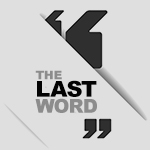
JUNE 30, 2022
In a study published April 7 in the INFORMS journal Manufacturing & Service Operations Management, Rios and his co-authors propose a new algorithm that could make true love bloom after all.
For the study, the researchers collaborated with an unnamed “major U.S. online dating company” to explore how its platform should select potential partners to show each user, in order to maximize the number of matches. The platform has around 800,000 active users in more than 150 markets.
“I initially contacted their head of data science through LinkedIn, and then I told him about my research and how I could contribute to improve the efficiency of their platform,” Rios told Dallas Innovates. “After a couple of meetings we started working together, and I spent the next three months working at their headquarters to get to know all their systems and databases.”
One of the biggest issues was helping the company decide which profiles to show to each user in order to ensure they get meaningful matches. The study found that the more matches a person has had in the recent past, the fewer likes they give to other profiles.
‘History effect’ reduces the probability of new likes
That “history effect” means that each additional match reduced the probability of a new like by at least 3%.
“We observed that users are less likely to like other profiles when they’ve recently succeeded in obtaining more matches,” Rios said in the statement. “This might be because users keep in mind the amount of time and energy they can spend in the app, and thus if they had many matches in the recent past, they expect to spend their time on those matches instead of liking other profiles.”
“Another likely reason is that users update their beliefs about their own attractiveness, and thus become pickier. Finally, a third possible reason is that users have faith that their new matches will work out, so they avoid liking new profiles.”
Finding a solution
The researchers’ solution: a new algorithm that considers the probability that both sides will like each other and prioritizes the users who have not obtained matches in the recent past—with the assumption that they will be more likely to like the profiles shown to them.
The researchers found that their proposed algorithm improved the overall match rate between 20% and 45% relative to the industry partner’s current algorithm. The results persuaded the company to test the algorithm in practice in Houston and Austin in 2020, which led to 27% more matches than the company’s algorithm.
“The implication is that users will get more matches and potentially find a long-term partner,” Rios said. “From the app’s perspective, generating more matches is one of the key performance indicators, and it’s closely related with engagement, retention, growth and other relevant outcomes.”
::::::
For other revealing quotes about what’s new and next in North Texas, check out Every Last Word.
![]()
Get on the list.
Dallas Innovates, every day.
Sign up to keep your eye on what’s new and next in Dallas-Fort Worth, every day.










